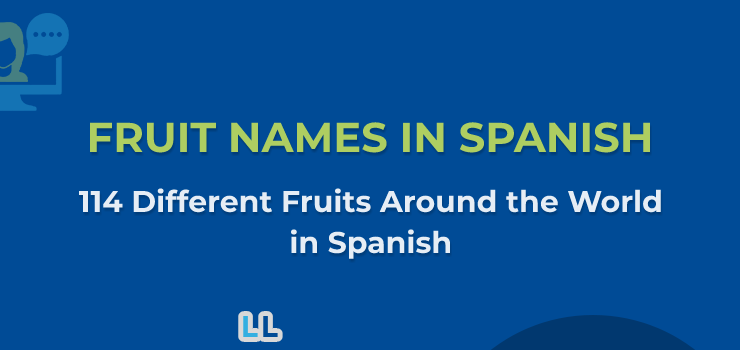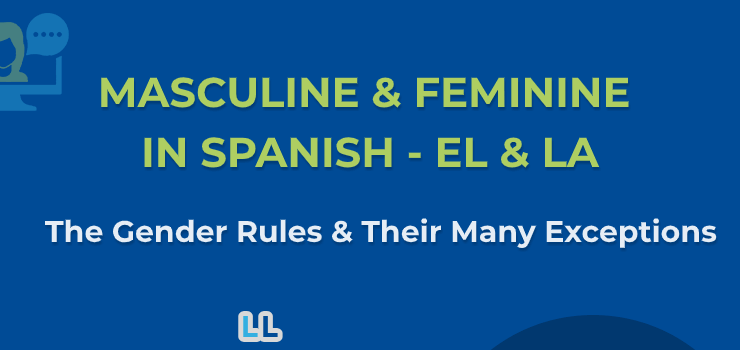We have translated the names of 110 different fruits around the world into Spanish. As you may know, some names for fruits in Spanish are different across various Spanish-speaking countries. For example, Papaya is called 6 different words in Spanish across different countries. Bananas and avocados are called 3 different names around the world in Spanish. Below you’ll discover all the names for fruits in Spanish across all Spanish-speaking countries.





